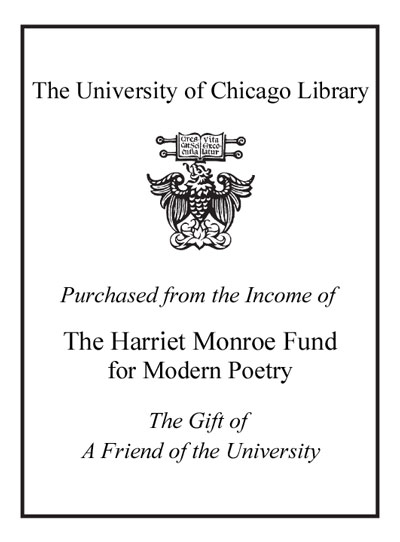Review by Publisher's Weekly Review
Carson's latest translation of an ancient myth sees her interrogate the excesses and limits of heroism by bringing Euripides's tragedy Herakles into a modern context. Updating the setting from ancient Greece to an airstream trailer, Carson uses a mixed-media approach complete with cutouts, handwritten text, drawings, and paintings to retell a story of madness while pushing the boundaries of poetry, translation, and the book form. In Carson's version of the story, the protagonist is not Herakles but "H of H," simultaneously the son of the god Zeus and a mortal father, Amphitryon, who wonders aloud how difficult it must be for his son to exist as this odd mix of human and divine: "What's it like to wear an eternal Olympian overall// held up by the burning straps of// mortal shortfall?" The chorus of war veterans wryly consider H of H's contradictory status as a hero figure who "likes to go berserk" but whose heroism "leaves him/ outsize and outside/ the civilization he's saving." Yet the hero remains blind to himself: "I look in the mirror and the mirror is uninhabited." Weaving together a critique of masculine violence and cultish hero worship, Carson bridges the divide between ancient and modern worlds in this brilliant book. (Oct.)
(c) Copyright PWxyz, LLC. All rights reserved
Review by Kirkus Book Review
Classicist and poet Carson produces a scrapbooklike rendering of a lesser-known Greek tragedy. In Herakles, staged in 416 B.C.E., Euripides imagined the demigod returning home to Thebes to find his household under assault by usurper Lykos, who is bent on eliminating the royal house of Amphitryon. As with all tragedies, much of the context is provided by a chorus--here, of old men who, though wise, can't do much about the situation. With a collagelike text incorporating drawings and sketches, some with splashes of color, Carson works a few plot points of the original, which contains about 1,425 lines as against Carson's few score. It's modernized, too; Amphitryon lives in an Airstream, driven from his palace by a "totalitarian cracker." (It's not hard to imagine whom Carson might have been thinking of there.) Although they have taken refuge at an altar, Lykos is so irreligious as to plan to burn out Amphitryon, Herakles' wife, and their kids, "obliged to close our lids / before we'd like." The chorus invokes V.I. Lenin and the dictatorship of the proletariat, while Lykos, entering with his goon squad, allows that he's "a basically / outcomes-oriented guy." When Herakles--H of H, that is, whose name is explained--arrives, he plangently recalls the labors he's been set to do, again drawing on Bolshevik history and throwing in Jane Austen's Mansfield Park for good measure. Naturally, tragic things ensue; after a spasm of divinely induced madness that causes Herakles to distribute death a little more broadly than he might have wished, all he can say is "Alas" and long for death. Leave it to Theseus, his demidivine pal, to keep him on point: "What could be more useless than you limping offstage to die in a dead language?" Carson's anachronisms, like those of Christopher Logue, are jarring but suggestive, and the language often attains a nobility worthy of the original tragedians, as when the chorus sings, "We go in tears. / So many swift and dirty years." An evocative, artful reimagining of the madness of an ancient hero. Copyright (c) Kirkus Reviews, used with permission.
Copyright (c) Kirkus Reviews, used with permission.
Review by Publisher's Weekly Review
Review by Kirkus Book Review

